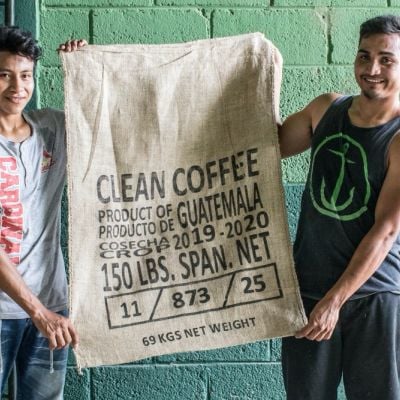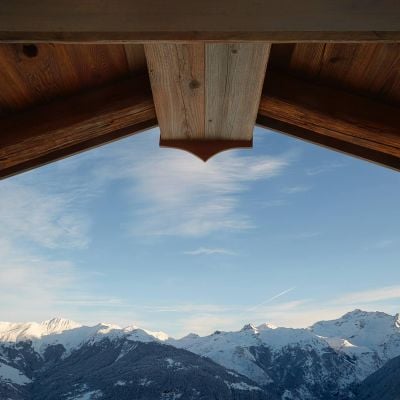The Human Evolution of AirBnB
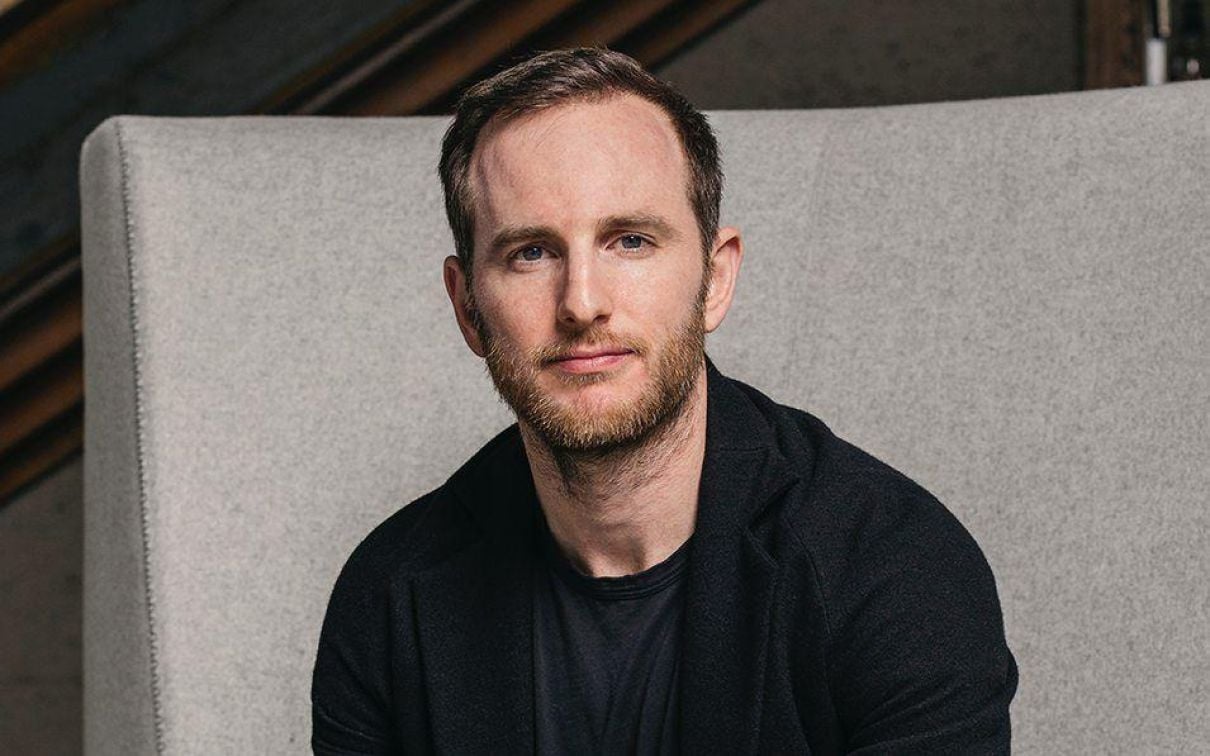
Airbnb is proving that people inherently want to trust — and help — strangers.
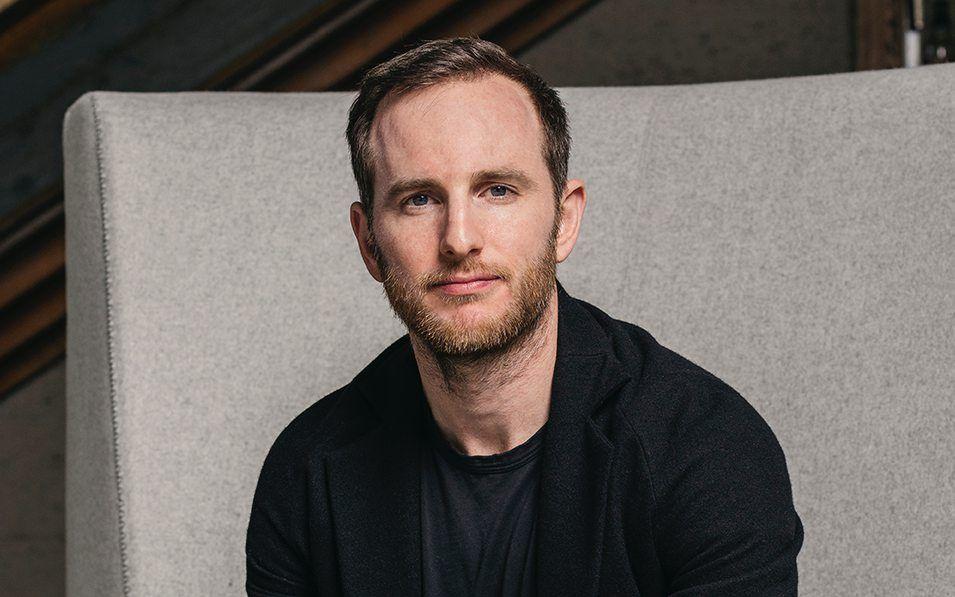
When Hurricane Sandy tore through New York in 2012, tens of thousands of people became homeless overnight. One woman had an idea. Through Airbnb, she wanted to volunteer her spare bedrooms to help those in need, but she didn’t want to get paid for it. “It was funny because when she emailed us the idea, we didn’t actually have a system in place to allow volunteering of rooms for free,” recalls 36-year-old Joe Gebbia, one of three co-founders of the US$31 billion shared housing platform.
So ensued a 24-hour software engineering marathon to invent the capability. What started as one woman’s idea, within days became a movement of compassion and hospitality with over 1,000 people offering their spare rooms for free. Airbnb also waives its fees on these stays.
At the time, New York mayor Michael Bloomberg held a press conference to announce Airbnb’s relief efforts — after all, their hosts had shelter available immediately. They had the perfect ingredients already in place: open homes, willing hearts and, importantly, the desire to trust strangers.
“That was the spark, and we knew that it wouldn’t be confined to one hurricane in New York. Anywhere in the world where there were community members who could help people within hours, this could work,” says Gebbia.
In the five years since, this initiative — called Open Homes — has been replicated 90 times in 17 countries globally. Emergencies range from hurricanes Harvey and Irma that drove tens of thousands from their homes in the US; to the Canadian wildfires last year where 8,000 people were forced to evacuate; to typhoons in Southeast Asia; to security incidents in Barcelona and Birmingham. Anywhere that people require temporary housing, combined with a need to rapidly engender trust between strangers, Airbnb has called for action through social media and direct email campaigns.
About two years ago, says Gebbia, as the refugee humanitarian crisis hit its peak, they realised they could take this to a new level. “A software designer came to me with an idea to match refugees with communities who wanted to open their doors.” That engineer’s lightbulb moment became a full-time team at Airbnb focused on humanitarian efforts, called Human. “We realised we could be proactive rather than reactive, by anticipating and harnessing the natural generosity we see in our community on a daily basis,” he says. “We now have over 6,000 members who want to offer shelter for free.”
Gebbia’s own San Francisco apartment is listed on Open Homes; recently he hosted a dinner for two refugees with some friends and colleagues. “We were joined by a gentleman from Syria and another one from Eritrea in Africa, who came over with his family to live in San Francisco. We sat on cushions on my floor and shared food, told stories about the Bay Area and what inspired their resettlement here,” recalls Gebbia. “One of them was a photographer and wanted to hold a show in a gallery but felt disconnected, he didn’t know where to start. Of course, within a few minutes we went around the table and had a list of gallerists who we could reach out to.
“This connection beyond the transaction is what the sharing economy is aiming for. It’s more than the rental connection, it is commerce but with the promise of human connection.”
To engender relationships of the most intimate kind — sharing living areas, kitchens and bathrooms with someone who might not even speak your language — is nothing short of a miracle. As children we are conditioned to fear strangers. How do you build this level of trust in today’s suspicious times?
It requires a leap of faith, he says. In a TED talk, Gebbia recalled the first time he hosted a stranger on his living-room floor, long before Airbnb existed. A graduate fresh out of Rhode Island School of Design in 2007, Gebbia was nearly broke. Holding a yard sale to flog a few belongings, he was approached by a man who wanted to buy a piece of art he had made. “It turned out he was alone in town for the night, so I invited him for a beer. It was starting to get late and I make the mistake of asking him where he was staying. And then he makes it worse by saying, ‘actually, I don’t have a place’. And I’m thinking, ‘oh man!’ What do you do?”
Being well-brought-up, Gebbia had no choice but to invite the man to stay on his living-room airbed. Not without intense trepidation, he adds. “That night I’m staring at the ceiling, thinking, what have I done? There’s a complete stranger sleeping in my living room. What if he’s crazy?” Gebbia quietly locked his bedroom door, managed to sleep and, in the morning, was relieved to find the man grateful for the hospitality. They are still friends to this day.
It was this experience that inspired the start-up that within nine years has attracted 150 million users in 65,000 cities in 191 countries, with three million homes. The trust, says Gebbia, was born from good design, the subject he knew best. “We were aiming to build Olympic trust between people who had never met,” he recalls. “But we had to design it first.” Reputation was key, so the need for a fleshed-out profile, plenty of photos, reviews and links to personal social-media feeds was important. Just the right amount of disclosure about an upcoming stay is important, adds Gebbia, so the text box is designed large enough for a couple of sentences, but no novella. Reviews are essential but Airbnb makes it difficult to leave bad reviews on a whim.
“The right design can help us overcome one of our most deeply rooted biases,” he explains. “And there’s a deeper thing. People who opt in believe in something deeper, they believe in proving to themselves and their friends and their city and the rest of the world, that in a time that is so divisive and focused on our differences, they can prove we can co-exist with each other. At the end of the day, we are all mankind.”
Integrating social initiatives into the business model is what Gebbia calls “21st century philanthropy”.
“We have a responsibility, we have an amazing community, so applying what we’re good at to problems in the world, makes a lot of sense.” This vision led to the creation of Human, a dedicated team to explore these opportunities. Its first project was a community centre designed to save ageing rural villages from extinction, by giving them a source of rental income.
The Yoshino Cedar House, designed in collaboration with Japanese architect Go Hasegawa, is a response to the rapid decline in population within Japan’s rural communities. An ageing population combined with urban migration has created economic uncertainty for local industry and poses a threat to the nation’s cultural heritage. In the town of Yoshino, 600 of 4,000 homes sit empty. With Yoshino Cedar House, the Human team wanted to address these issues, creating a new concept for rural revitalisation that has now been copied in China, Spain, Italy and elsewhere.
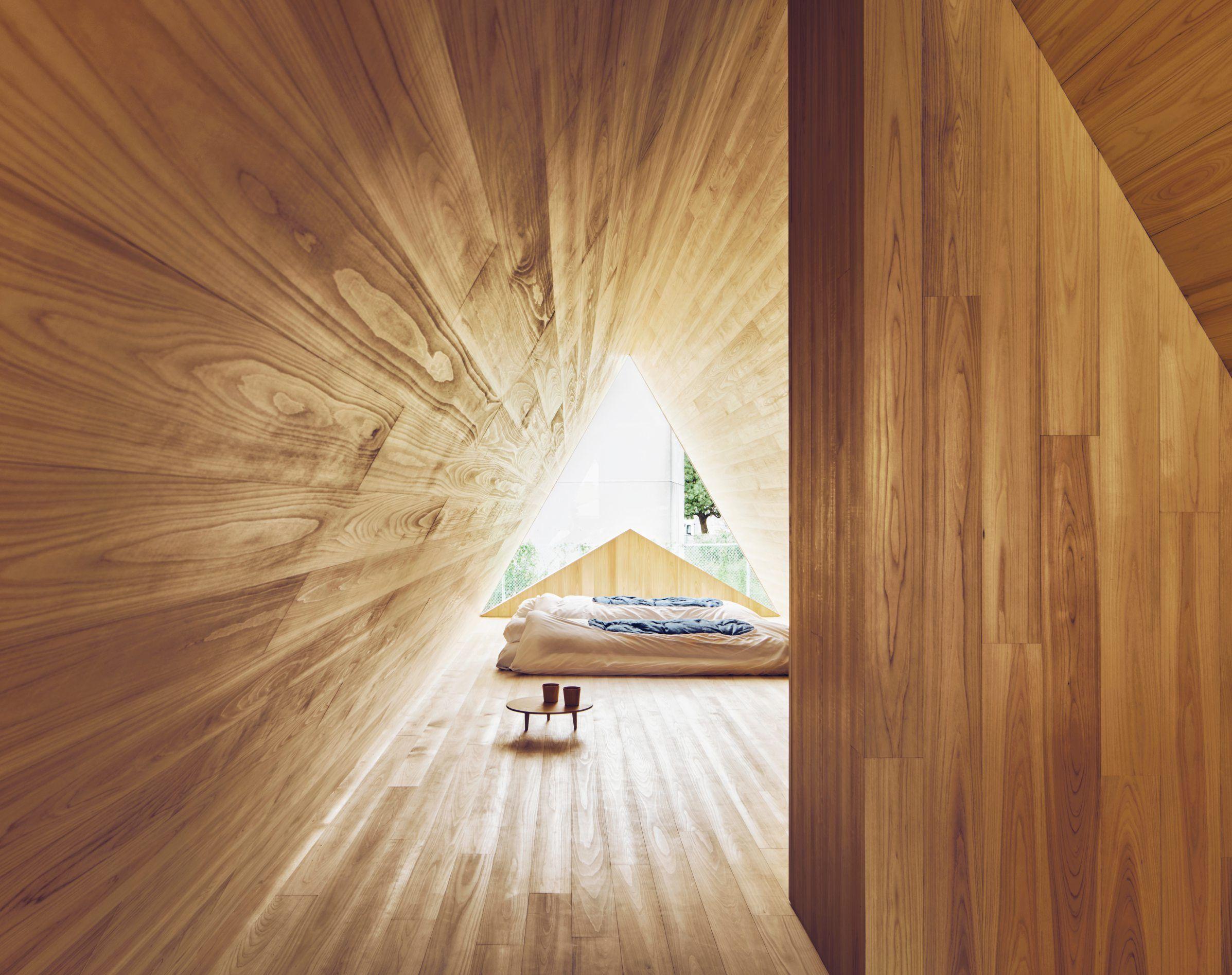
The two-storey home, located on the banks of the Yoshino River in Nara, was built entirely from wood felled from the surrounding forests by local carpenters. The design team ensured that every step of the building process incorporated the skills and talents of the town to celebrate of the traditions and history of the village. When people come and stay at Yoshino Cedar House, they are hosted not by an individual but by the town, and the proceeds go directly to a dedicated community investment fund, a first within the home-sharing industry.
“Airbnb believes healthy communities are those that support each other,” says Gebbia. The Yoshino project inspired a similar concept in the rural Italian town of Civita is now in high demand – an artisan house let by the city’s mayor, where proceeds are pumped back into the community. Available for around US$350 a night, with accommodation for between 1 and five people, the converted house is full of art pieces from artist Francesco Simeti.
Less than a decade after that sleepless night fearing the stranger on his airbed, Gebbia has amassed a fortune of approximately US$3.6 billion, according to Forbes. These days he has more time to relax, practising jiu-jitsu and even purchasing an easel and oil paints to rekindle his love of art. It has not been an easy journey, he admits. In the fledgling days when it was just three 20-something founders working off their kitchen table, Gebbia was the unofficial customer service representative. When something went wrong, the call came through to his mobile phone. Guests threw unauthorised parties and trashed homes. Hosts left guests stranded in the rain. “I was at the frontlines of trust breaking,” he said in the TED talk. “There’s nothing worse than those calls; it hurts to even think about them. The disappointment in someone’s voice was, and still is, our single-greatest motivator to keep improving.”
More money brings more problems, and today Airbnb’s headaches are on a different scale. This year, a slew of stories broke claiming prostitutes were using Airbnb lodgings for pop-up brothels, to which Airbnb responded it had “zero tolerance."
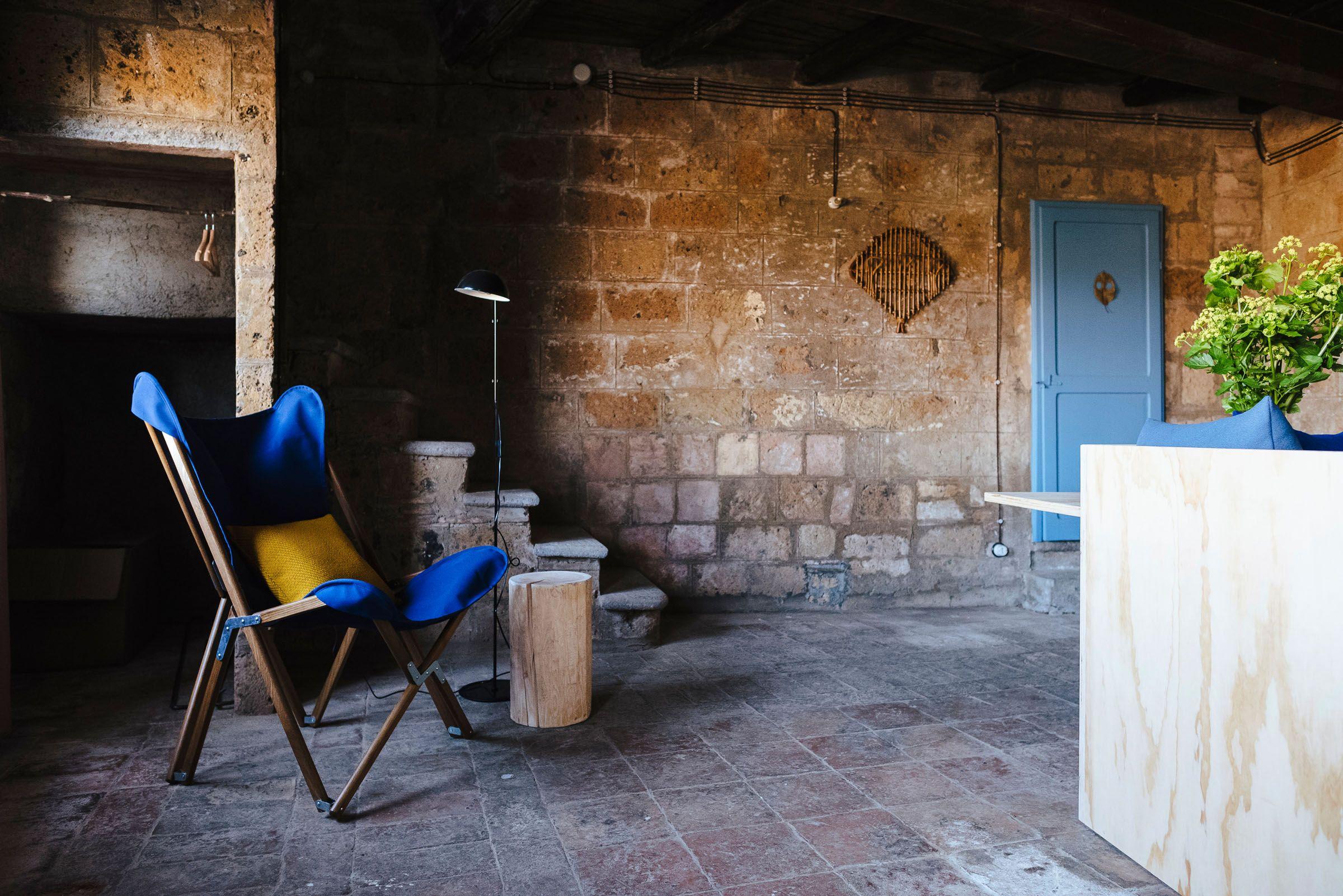
Meanwhile, governments from Barcelona to Berlin have been cracking down on Airbnb and short-term rents in a bid to prop up their long-term housing markets. Many of these complaints have been quietly negotiated away. In July, Airbnb agreed to remove adverts for lodgings in Barcelona that lacked tourist permits after months of dispute and a €600,000 fine. In September, Airbnb celebrated a partial victory in Berlin, after a Berlin host took successful legal action against the city when he was refused a permit to share his home.
Legal matters aside, Gebbia’s instinct as a poor design graduate in 2005, that people actually want to trust strangers, was spot on. And when trust between strangers works out well, he says, the stories are magical. Gebbia’s favourite-ever review came from a guest who stayed in Uruguay and suffered a heart attack. His Airbnb hosts rushed him to hospital and donated their own blood for his operation.
This was his review: “Excellent house for sedentary travellers prone to myocardial infarctions. The area is beautiful and has direct access to the best hospitals. Javier and Alejandra instantly become guardian angels who will save your life without even knowing you. They will rush you to the hospital in their own car while you are dying, and stay in the waiting room while the doctors give you a bypass… Highly recommended!”



